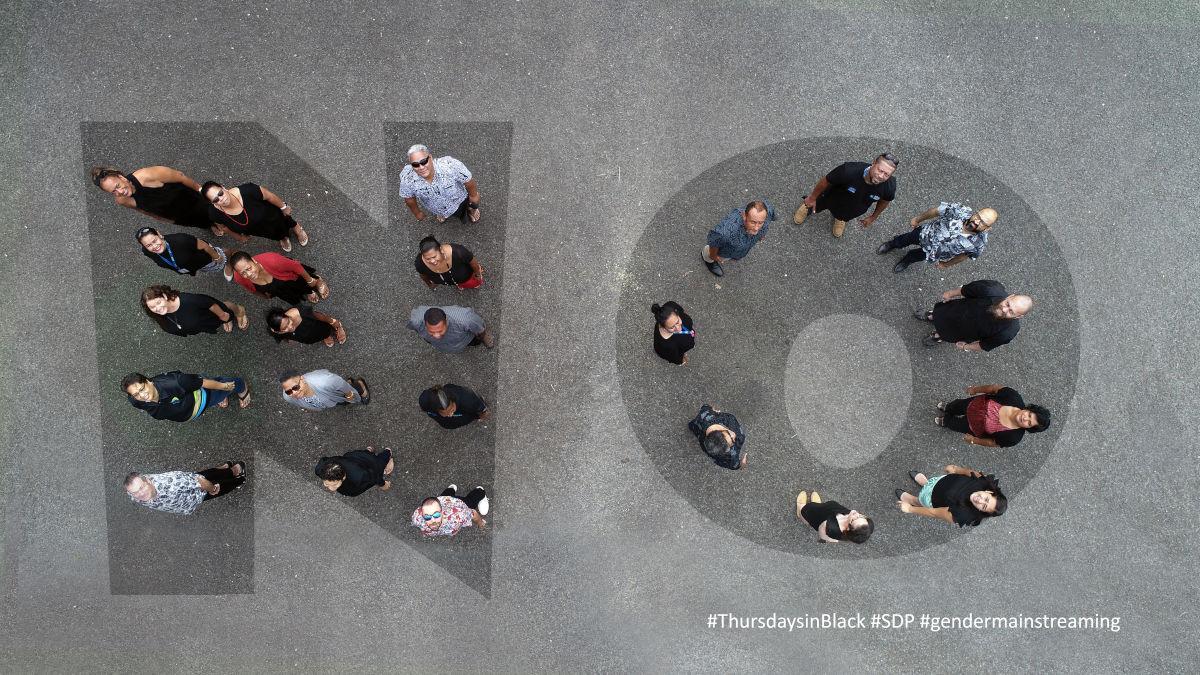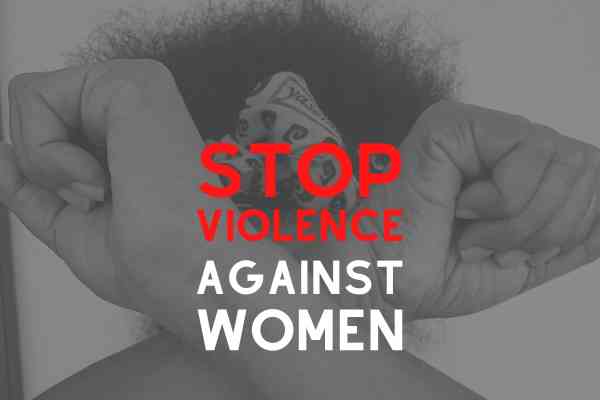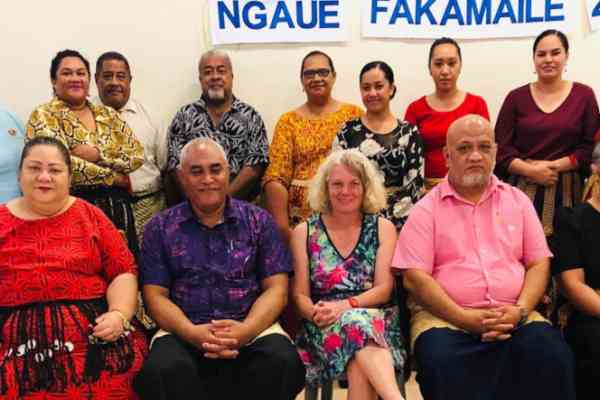When we say that we are shocked and alarmed about women and girls being abused, attacked or even killed, by their husbands and partners, what do our words achieve? The sad answer is that words alone are not enough to bring an end to domestic and gender-based violence. If we are serious about ending this stain on society, we must turn our words into meaningful actions.
Over the last 30 years, significant investment has been put into raising awareness about domestic and gender-based violence. Community and national level initiatives on Ending Violence against Women and Girls (EVAWG) and the development and implementation of laws, policies and commitments made towards EVAWG have made a positive impact in the Pacific.
Unfortunately, much of this action has been undertaken on the back of public outcry, too late for victims whose lives have been forever changed, and too late for families who have lost mothers, sisters and daughters. To make a real change we must focus on proactive measures that address the root of the problem and ensure that domestic and gender-based violence is stopped before it has a chance to even begin.
The Pacific is a recognized world leader in dealing with the climate change crisis, because the region has recognized the potential risks and united behind making proactive action a priority. Yet, despite all our public statements and campaigns, we remain at the very bottom in terms of how our communities’ value and respect women and girls. Why?
Today, domestic and family violence is illegal in most Pacific countries and states but the implementation of these laws has been rocky. Magistrates, lawyers and police officers all have stories to tell of the challenges they experience in discharging their duties in accordance with the laws. Laws against domestic violence allow us family members, guardians, neighbours or friends, to apply for protection orders before the court on behalf of victims of domestic violence. But for this to happen, a change in mindset is crucial for those of us who think domestic violence is “none of our business”.
It is sadly still true that in the Pacific, most women will not report violence to government authorities. Lack of financial resources, family shame, confidence and a continuing culture of silence all play a role in this reluctance.
What can we do?
The effectiveness of domestic violence legislation depends on community awareness and understanding of the law to protect survivors of domestic and family violence, in combination with a change in culture that makes even considering act of domestic or gender violence unacceptable.
Accomplishing this change requires a coordinated effort from organizations, governments, communities, and individuals. Support for social services, justice, advocacy, monitoring, training and education must all be strengthened. And adequate budgets at all levels of government must be allocated. If we are serious about making this change, we must be prepared to make the investment it requires.
We can do a lot if we work together. We all have a responsibility to speak up against domestic and family violence; and a shared responsibility to protect and look after our communities. We need to make our homes the safe haven they should be for our women and girls. The culture of the Pacific is founded on care and concern for each other, let’s build on that foundation to break the silence on domestic and family violence.
You have a voice. Use it. We all can do something.


